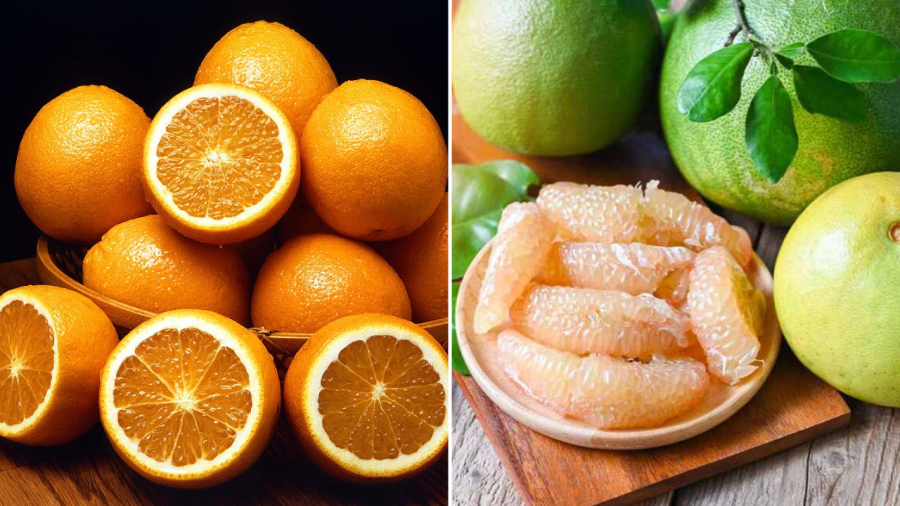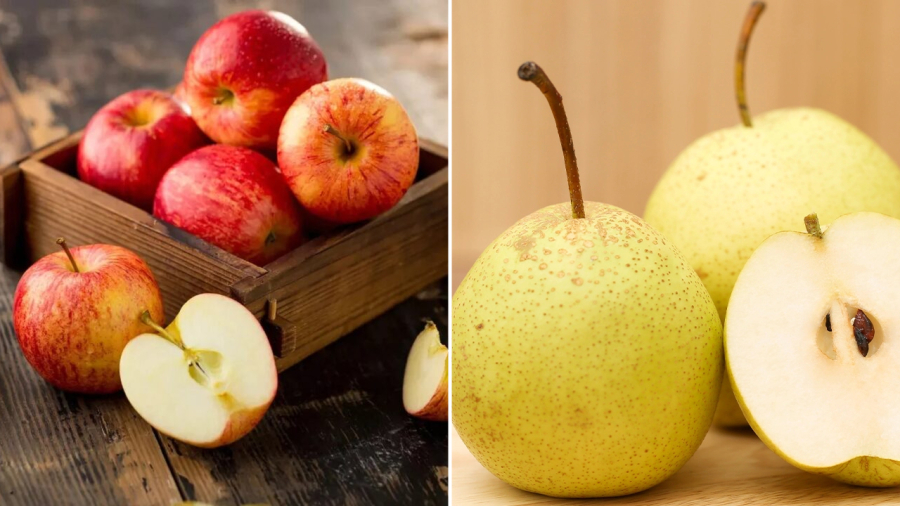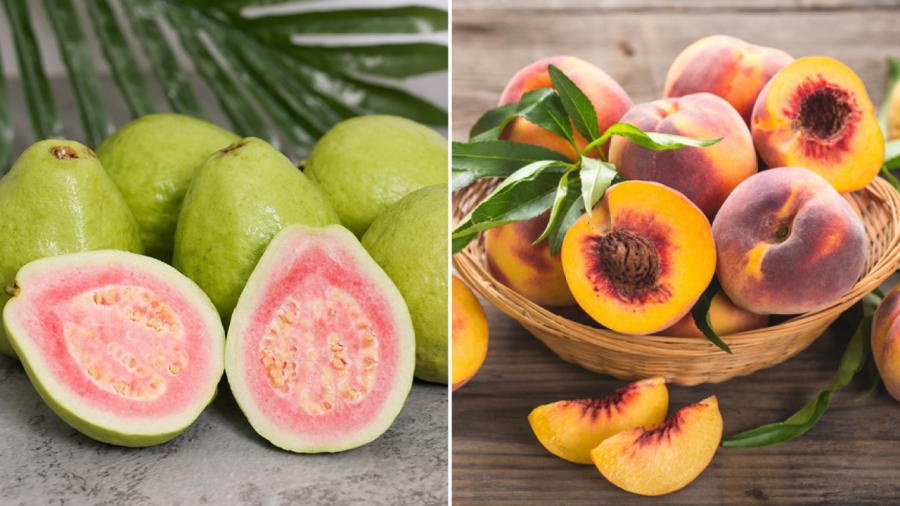Blogs
These fruits provide many vitamins and minerals to help strengthen health without affecting blood sugar.
According to the recommendations of the International Diabetes Federation (IDF), a healthy diet for people with diabetes should contain a maximum of 3 servings of fruit (accounting for 30% of the food intake in a day). . Patients can rely on the GI blood sugar test and blood sugar load to know which fruits they can eat and which fruits they should not eat. For people with diabetes, fruits with a GI above 70 are high and should not be eaten. The GI index fluctuates between 55-70 which is average and GI below 55 is low (usable).
Grapefruit
Grapefruit is one of the best fruits for people with diabetes. The GI of grapefruit is 25. Grapefruit contains 91% water. In addition, it also contains a lot of soluble fiber and vitamin C. In particular, grapefruit contains naringenin - a naturally bitter flavonoid that increases insulin sensitivity, helping to improve insulin resistance in people with diabetes. type 2 sugar.

Oranges and grapefruits are fruits with a low glycemic index, good for people with diabetes.
Orange
Oranges contain 87% water. In addition, it provides lots of fiber, vitamin B1, vitamin C and very little sugar. Adding oranges to your daily diet improves the immune system, enhances resistance, and controls blood sugar. The GI of oranges is 44.
Apple
Apples are fruits that contain a lot of fiber, vitamins, minerals and a large amount of water. Research shows that pectin in apples helps eliminate toxins in the body and reduces the need for insulin in people with diabetes by up to 35%. The GI index of apples is 38. This is a good fruit for people with diabetes, especially type 1 diabetes.

Apples and pears both have a GI index of 38.
Pear
Pears have the same glycemic index as apples (GI=38). Pears contain a lot of water, are rich in fiber, vitamins and minerals that are good for the body, help increase insulin sensitivity, and support diabetes control.
Plum
Plums are a fruit that is sold a lot in the summer. It has a delicious sweet and sour taste, is low in calories, and has a very low glycemic index, only 24. Plums provide a lot of fiber, good for people with cardiovascular disease and diabetes. Eating plums also helps improve digestion and constipation in people with diabetes.
Dig
Peaches have a delicious, sweet flavor with a low glycemic index, GI = 28. This fruit provides a lot of fiber, antioxidants, and vitamins necessary for the body. Fresh peaches are a good fruit for people with diabetes (canned peaches should not be used because they are soaked in sugar water and use preservatives, which are not good for health).

Peaches and guavas contain lots of fiber, vitamins, and minerals that are good for health, suitable for people with diabetes.
Guava
Guava contains lots of fiber, potassium, vitamin C, and antioxidants. This is a fruit with a low glycemic index, good for digestion, and helps control blood sugar in people with diabetes.
Butter
Avocados are low in carbohydrates and high in fiber. The glycemic index of avocado is extremely low, GI is only 15. This fruit has almost no effect on blood sugar after eating. Therefore, avocado is a good choice for people with diabetes (on the condition that avocado is not eaten with sweeteners such as sugar, condensed milk...).
What fruits should people with diabetes not eat?
People with diabetes should limit eating fruits with a high GI index such as ripe mango, pineapple, papaya, watermelon, and kiwi. If you like these fruits, you can still eat them but need to control the quantity, do not eat too much, should eat no more than 100 grams/day.
Bananas, raisins, longans, dates are fruits with very high sugar content and GI index, so people with diabetes should not eat them.
Posted in: Family & Home, Health
Be the first person to like this.
Sponsored

Hire the best freelancers
https://www.freelancer.com/
Hire the best freelancers for any job, online.

Premium Joomla Templates
https://www.joomlart.com/pricing
Flash Sale: 25% OFF. Coupon: FLASH25 Premium Joomla Templates & Extensions






